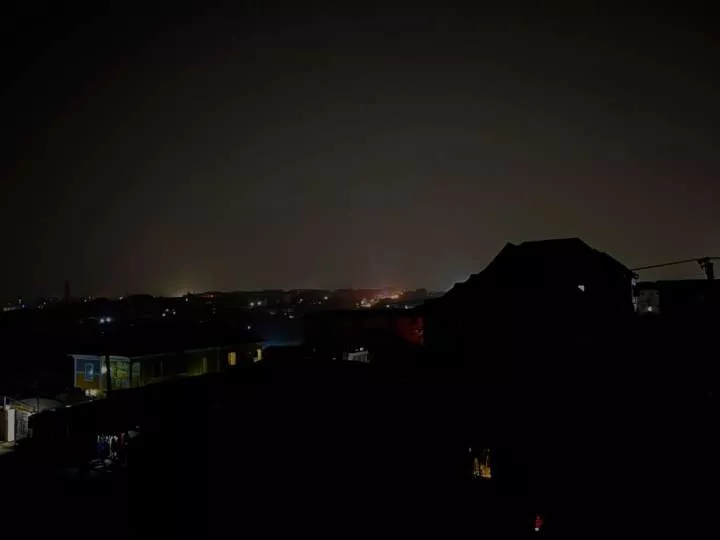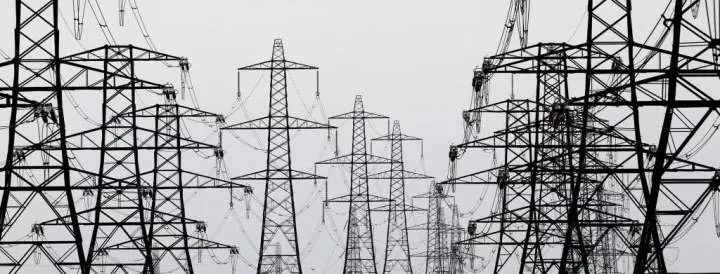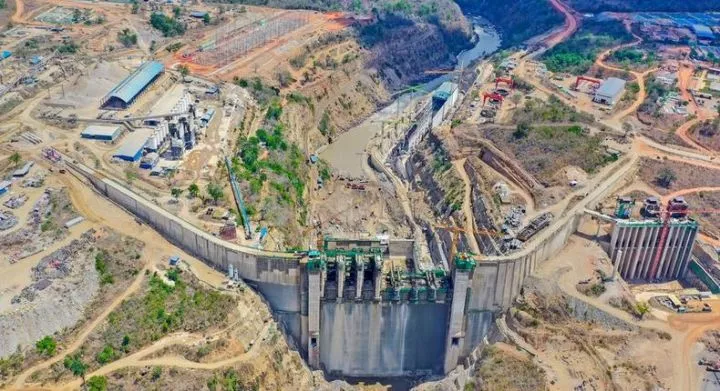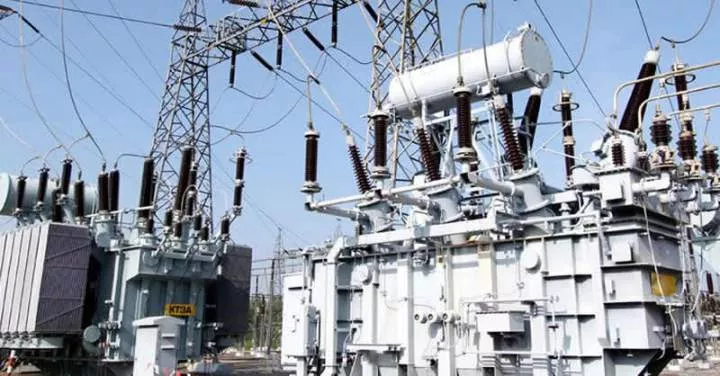Electricity has become indispensable in modern civilization, as it powers various sectors. Its importance lies not only in facilitating health and education outcomes but also in reducing the cost of doing business, opening economic potential, and creating jobs for citizens.

However, despite this importance, access to electricity remains a challenge in many parts of the world, particularly in Africa. Despite abundant energy resources, over 600 million people on the continent currently live without access to electricity. Even for those with access, stability and affordability are another level of challenge.
A report from Global Petrol Prices, a platform that publishes up-to-date information on retail energy prices shows that while comprehensive data on electricity prices across all African countries is challenging due to varying tariffs, subsidies, and market dynamics, there are identifiable trends in electricity pricing across the continent.
According to the report, Cape Verde records the highest electricity price for households in Africa, with one kilowatt-hour costing around $0.316. Mali and Rwanda follow closely, with households paying $0.219 and $0.207 per kilowatt-hour respectively.
Addressing the issues of erratic electricity supply and high costs requires concerted efforts from governments, policymakers, and energy providers.
Investments in infrastructure, renewable energy sources, and efficient distribution networks are essential to ensure reliable and affordable electricity for all. It is encouraging to see African governments increasingly investing in this critical endeavour.
Below are 5 African countries with the most expensive electricity tariff:
| 1. | Cabo Verde | $0.316 | 20th |
| 2. | Mali | $0.219 | 37th |
| 3. | Rwanda | $0.207 | 42nd |
| 4. | Burkina Faso | $0.206 | 43rd |
| 5. | Gabon | $0.205 | 44th |
















Comments